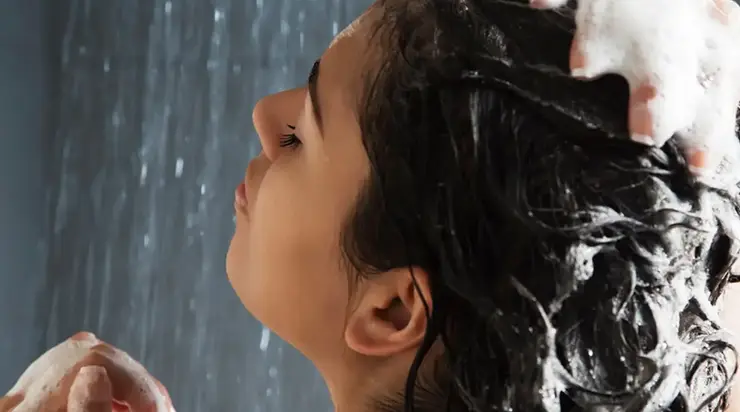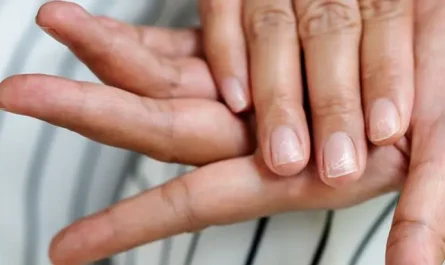The appropriate frequency for washing our hair each week
Our hair possesses the remarkable ability to enhance both our appearance and our confidence, especially on those rare occasions when we have a good hair day.
There is nothing more burdensome than the feeling of having dry, brittle, or greasy hair. Surprisingly, it seems that overwashing our hair may exacerbate these issues rather than alleviate them.
Washing our hair has become such a routine that we may not even realize when we are washing it too frequently or not enough.
To settle the ongoing debate, Tyla sought advice from three hair experts on the best practices for hair washing.
Rosie Myers, the founder of nope., a specialist in shampoo and conditioner bars, explained that our hair is actually a self-cleaning “eco-system.” Washing our hair excessively can disrupt this natural and evolutionary complex.
According to Rosie, “Through evolution, your scalp has developed its own ecosystem to take care of itself. If you over-wash, you will strip your hair of its natural nutrients and oils, resulting in dryness and dandruff.”
So, how often should we be washing our hair?
Neil Capstick, a professional hair industry expert and the founder of Neäl & Wølf, advised that we should only wash our hair when absolutely necessary. For the majority of hair types, this means washing it two to three times a week.
Neil elaborated, saying, “Really, you should only wash your hair when it’s absolutely necessary. For most people, this will be two to three times per week, but some people can get away with less, while others may need more.”
Stacey Whyte, the creative director at Cheveux Salon in Loanhead, Scotland, also emphasized that while this recommended frequency is a good guideline, it ultimately depends on your individual hair type.
She informed us that the frequency of washing one’s hair depends on the individual and their hair type. If you wash your hair every day, you are removing the necessary oils that your scalp produces to maintain the health of your hair and scalp.
In such cases, the scalp may start producing excess oils to compensate for the loss, resulting in the need for frequent washing. However, if you take the time to “train” your hair, the production of oils will eventually slow down to match the needs of your hair.
Neil also provided a helpful tip to determine if your hair requires washing, which is through observation and touch. He explained that if your hair still feels soft and bouncy, it is likely that it does not need to be washed. On the other hand, if it appears visibly oily, then it probably needs a wash.
Now that you have this information, you have no excuse to mistreat your hair.



